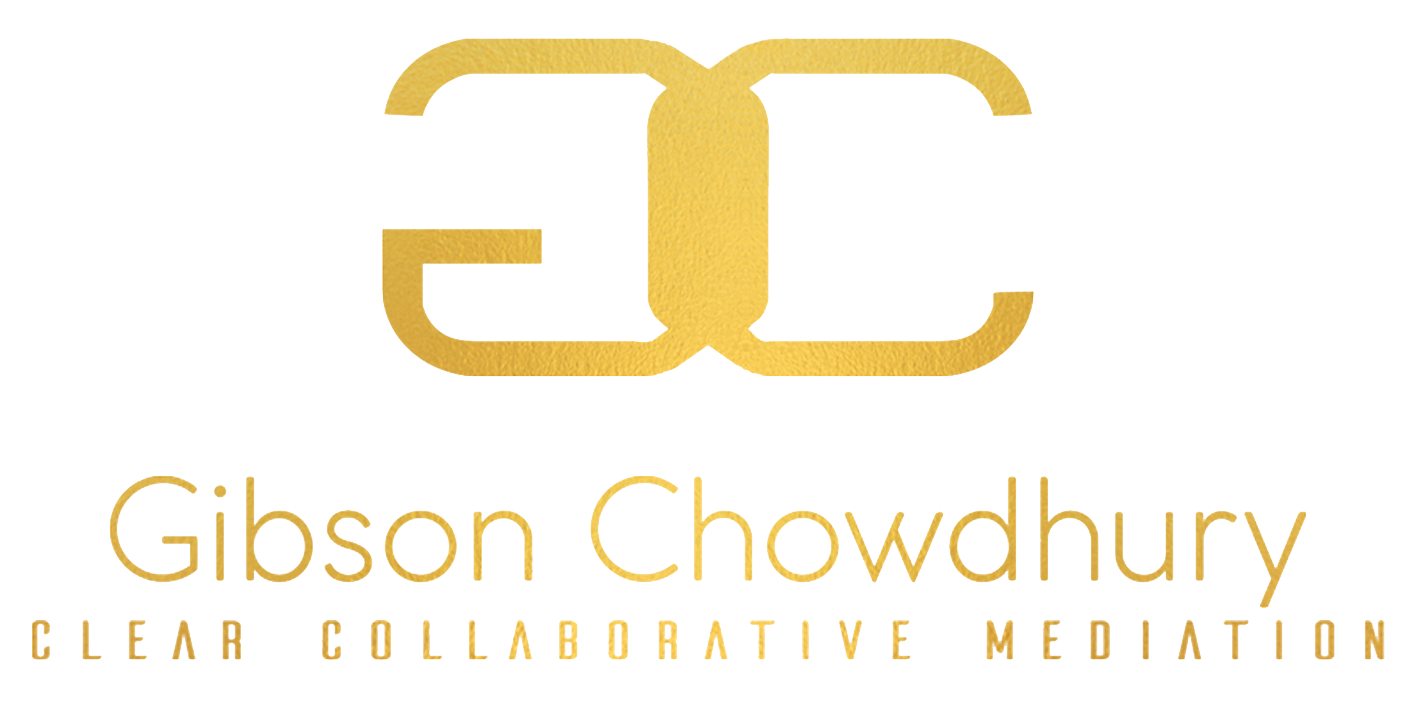
Abraham Lincoln once said “The people when rightly and fully trusted, will return the trust”.
Trust, is a difficult aspect of any relationship and often requires many years to build. As a mediator, gaining a client’s trust can have a life-changing impact on them. Having the privilege of working with lawyers and clients from different cultures and backgrounds, I have found that each relationship comes with its own complexities and values when building trust. In return, I gain the honour of being trusted. Building trust in mediation is perhaps one of the most important aspects of my work that advances the resolution process.
In a relatively short space of time, this is often a difficult task and requires awareness, being open-minded and perseverance.
There are many ways to build trust and perhaps many of you have your own methods and processes. In my experience, I have found these five elements are helpful.
- Pre-mediation: Pre-mediation is helpful for many reasons. In the context of building trust, having a pre-mediation call with the clients and their representatives provides the opportunity to meet the clients without the pressures they face on the day of mediation. Having the opportunity to speak freely, we can start to gain an understanding of the clients and their positions. It can help us to find out what is most important to them and discuss emotional triggers and the accommodation for any physiological needs on the day of mediation. Letting the client know early on that we care about their needs and emotions plays a big role in building trust with them.
- Relationship: Getting to know the clients and seeing them as humans instead of their positions is an important part of building trust. Following the pre-mediation, we are now familiar with the clients, giving us leverage to continue building on our relationship. It gives the clients a sense of familiarity and comfort. It can act as a way of defusing tension or anger. Moreover, it can be a helpful way to overcome any biases.
- Self-Awareness: Having a neutral mindset is paramount. There may be times we do not agree with the position the clients are taking and it is easy for emotions to get ahold. Taking a step back and reflecting on why we are taking certain actions can help regroup our thoughts and regain control. In the words of William Ury, “Go to the Balcony”. It will help our credibility and reliability. Having self-awareness, helps to organize our thoughts and ultimately helps the clients make better decisions.
- Context: Understanding the unique situations the clients are in and the pressures they are under can help us have a better understanding of why they take positions. Considering the motivational, situational, and cultural aspects that could affect their decision making is a very important element in building trust and offers the ability to optimize a resolution. Evaluating our understandings of those aspects and where we can be effective is helpful to the clients and the mediation process. When the clients’ sense that we understand and can empathize, they are likely to open up and provide more context regarding their position, giving us a greater advantage for a meaningful mediation.
- Interests and Creative Problem Solving: Human emotions are complex. Inevitably there are more underlying interests than we think. Without understanding them, we cannot resolve them. It is worth spending a large proportion of our mediation time uncovering the clients’ interests. This process makes the clients feel heard, seen and included in the mediation, which ultimately creates trust. While the clients know we cannot promise the outcome they want, they trust us to do the best we can with all the information they have given us. From here, we can align the interests by reframing the problem and creating solutions that could satisfy both parties.
Clients attend mediation with a lot at stake and many emotions. Taking the time to build a trusting relationship can have an invaluable outcome in mediation.


